Hundreds of protests with thousands of people taking to the streets across the UK to protest against immigration and Islam during the first two weeks of August showed the alarming problems that still exist in British society and politics.
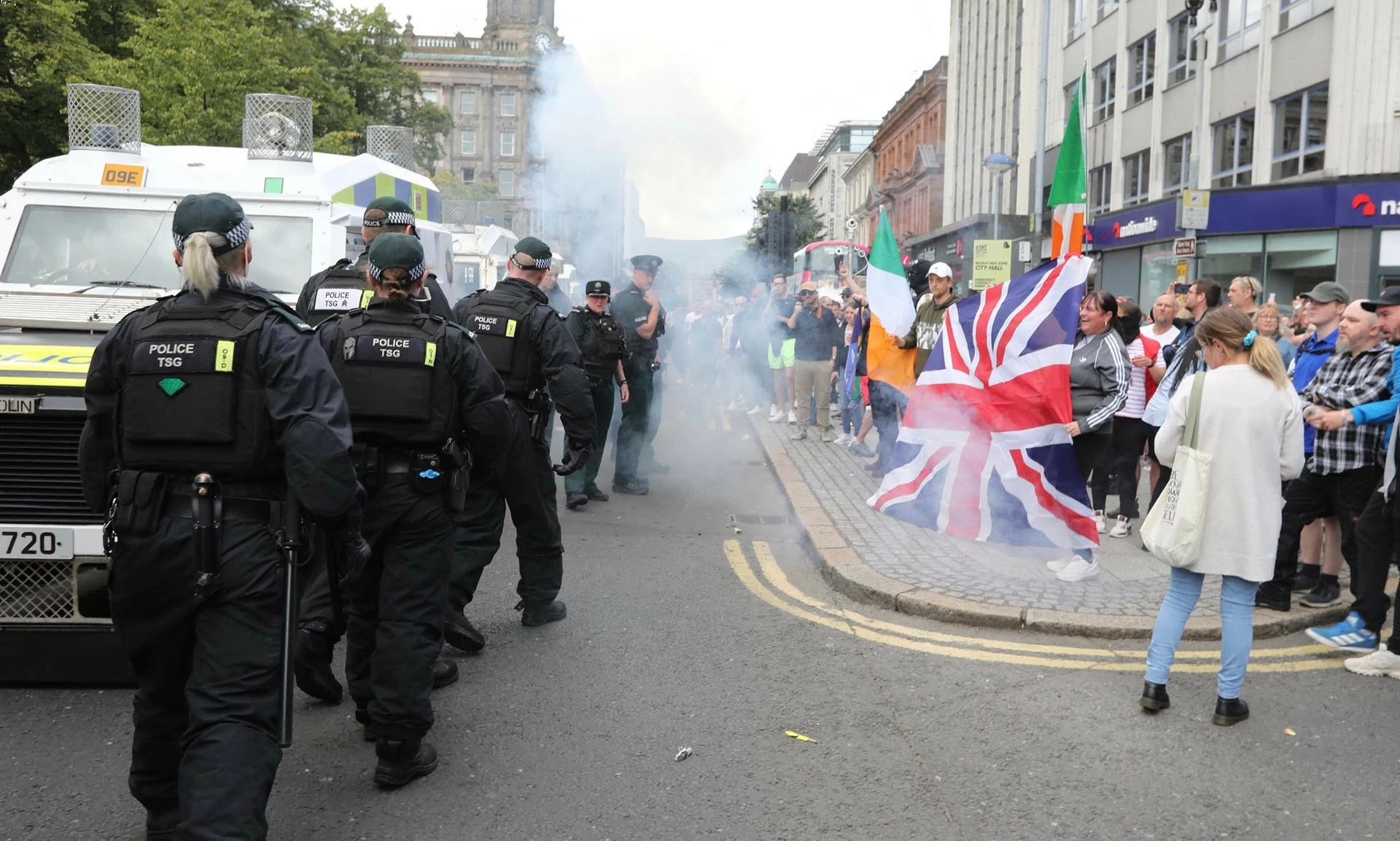 |
| Police and protesters on the streets of Belfast on August 3. (Source: AFP) |
The violent protests were sparked by the stabbing of three girls and several others by 17-year-old Axel Rudakubana, a British-born man of Rwandan parents, who went to a dance class in the town of Southport and stabbed them to death.
Fake news and division
However, the worst riots in Britain in 13 years only really broke out when social media spread false information that the suspect in the attack was an “extremist Muslim immigrant”, who had come to Britain by boat and was on the watch list of the MI6 intelligence agency.
Prominent figures, leaders of the far-right such as Tommy Robinson (founder of the far-right EDL movement, once banned from using Twitter) or Laurence Fox (former presenter for the right-wing GB News TV channel) have used social media to criticize and discriminate against immigrants, condemn the high rate of illegal immigration to the UK and argue that Islam should be completely eliminated from the UK.
Many assessments say that the toxic discourse surrounding the immigration issue is widespread and easily inciting people to turn from protest to riot because of the frustration and dissatisfaction with the government and the social situation that already exists in the UK. Statistics from the University of Oxford show that the proportion of foreign-born workers working in the UK has increased steadily over the past two decades, from 9% in the first quarter of 2004 to 21% in the first quarter of 2024. Some people are beginning to worry about social inequality, unfair resource allocation, etc.
However, another notable study by sociologist Noah Carl found that recent election data did not show that the British people were strongly opposed to mass immigration. Thus, the discontent is not entirely about immigration, but that the British people feel that the government is failing to address basic social issues such as the cost of living and public services, leading people to find a target to blame, which is immigrants and Muslims.
Alarm bell
The Guardian said the riots in Britain had exposed a worrying “double standard” in how society views and responds to far-right violence and Islamist extremism. Research by the Institute for Defence and Security Studies (Rusi) in 2015 and 2016 found that the public often associates far-right-motivated violence with “thuggery” or criminality, while similar acts of Islamist extremism are seen as terrorism and jihad. This discrepancy undermines perceptions of the dangers of far-right violence and the political will to effectively deal with extremist violence.
What is happening in the UK is not an isolated incident, but part of a broader “phenomenon” of far-right extremism spreading across Europe. Similar far-right riots in Dublin (2023) and Chemnitz, Germany (2018) were both responses to stabbings that sparked anti-immigrant sentiment.
In 2024 alone, suspected far-right extremists attacked several candidates and campaigners of the Socialist and Green parties in Germany, as well as an anti-fascist event organized by left-wing and Green parties in Sweden. According to ACLED (an organization that collects and analyzes data on armed conflicts), in 2020, the far-right was behind 85% of targeted attacks in 12 EU countries.
The riots in Britain are yet another wake-up call for Europe to reassess far-right-motivated violence and find ways to tackle it with the same determination and precision it uses to tackle violent extremists.
Test for the new Prime Minister
Prime Minister Keir Starmer, who has promised to cut immigration, is facing his first major test since taking office in early July. Previous Conservative governments have promised but failed to reduce annual legal immigration below 100,000. Since Brexit, legal immigration has more than tripled, falling only slightly from its 2022 peak.
His experience as a prosecutor in 2011 could help Prime Minister Starmer get the UK’s turmoil under control and cool things down. But dealing with immigration remains a difficult problem. Britain relies heavily on foreign workers to fill jobs in health care and other sectors, and immigration is a driver of economic growth. It will be a challenge for the Downing Street boss to reduce immigration without undermining the health care sector and hampering the goal of reviving the economy to deal with the cost of living crisis.
Violent protests in the UK may soon be resolved. However, the riots also revealed the challenges that the UK is facing, which are long-standing discontent due to economic and social inequality, ethnic and cultural tensions, and poor media control of information... This urges the new UK government to quickly find solutions to address the root causes that have existed in the UK for a long time.
Source: https://baoquocte.vn/bieu-tinh-o-anh-hoi-chuong-ve-bao-luc-cuc-huu-282672.html



![[Photo] Visiting Cu Chi Tunnels - a heroic underground feat](https://vstatic.vietnam.vn/vietnam/resource/IMAGE/2025/4/8/06cb489403514b878768dd7262daba0b)








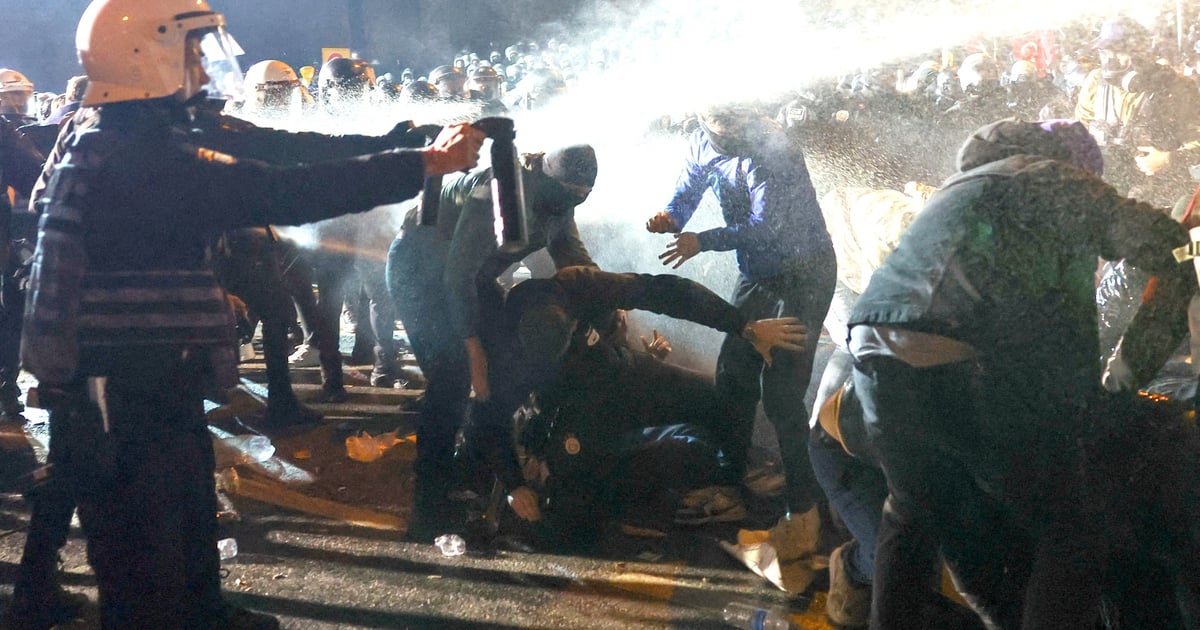



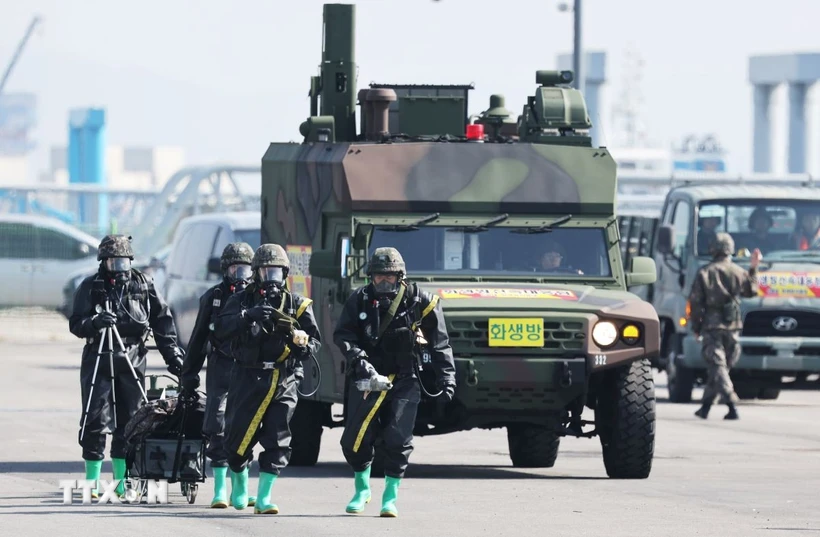


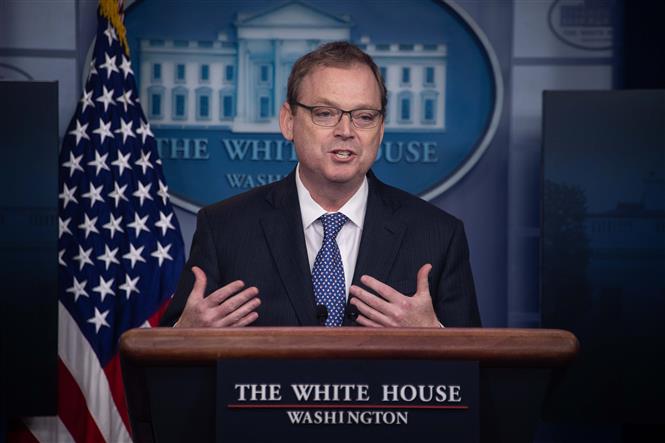














































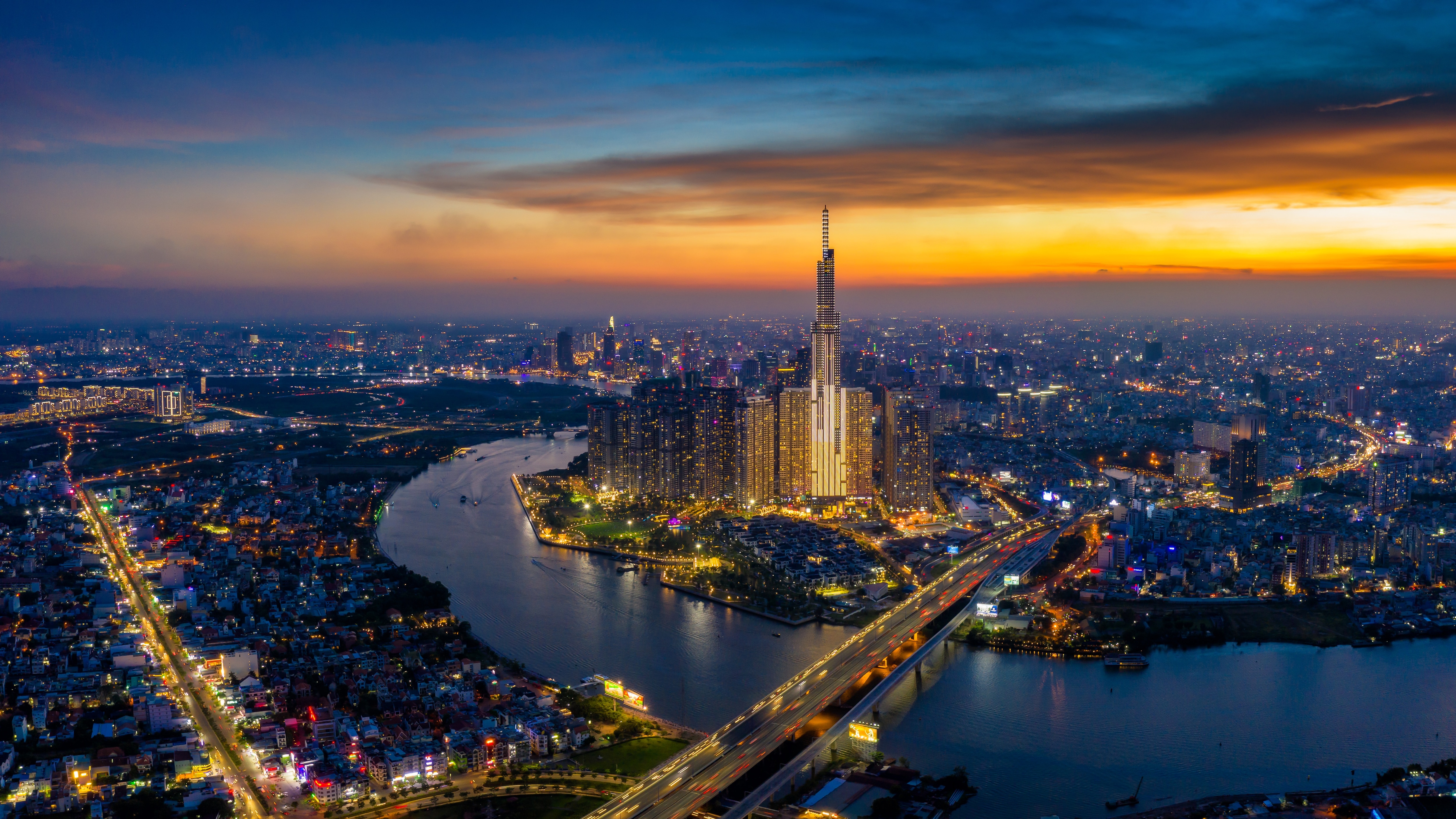


























Comment (0)